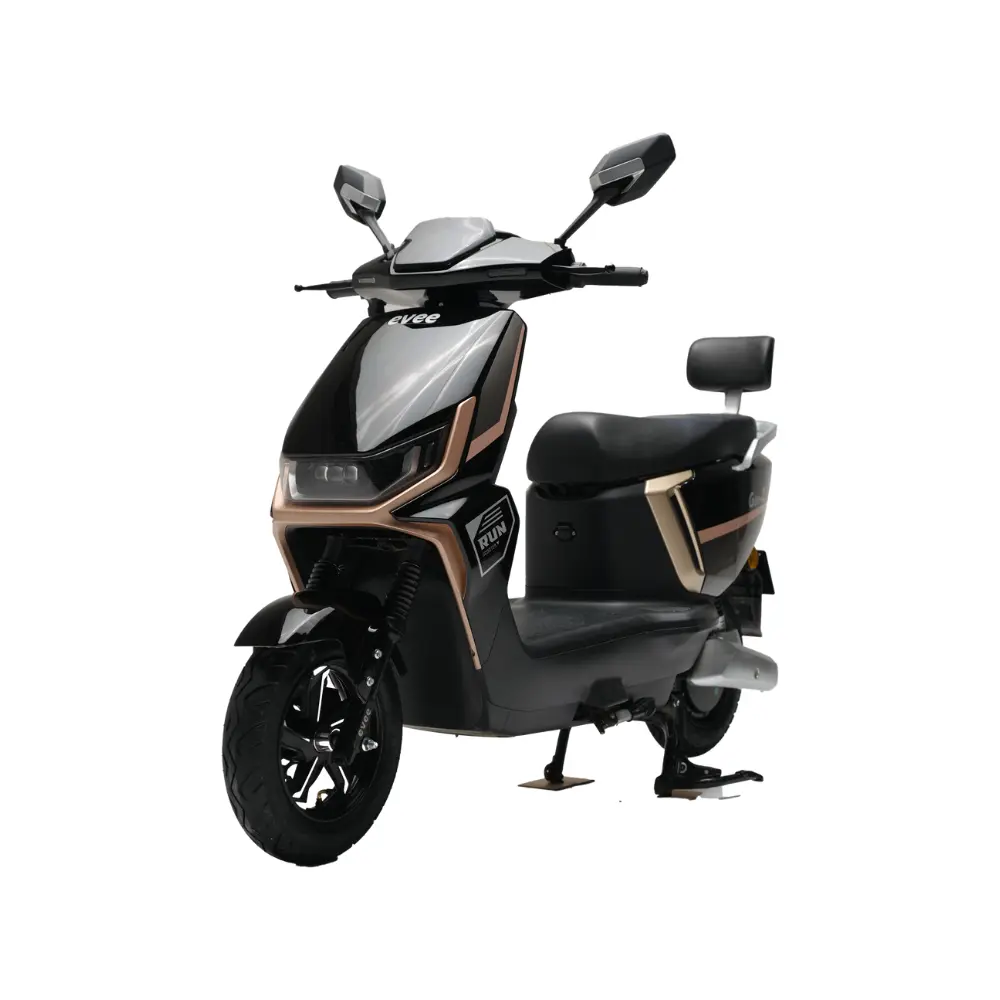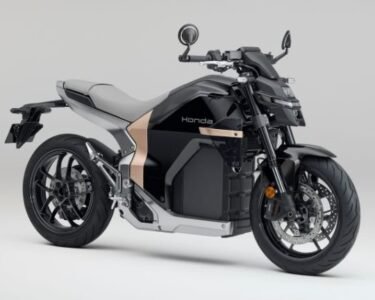The electric vehicle (EV) revolution has landed on Pakistani shores, heralding a new era of sustainable transportation. As around 100 assemblers gear up to flood the market with electric bikes (e-bikes), the landscape is ripe for transformation. Among the notable players in this surge are:-
Electric Bikes in Pakistan
- YADEA (Road Prince)
- AIMA Pakistan (SIWA)
- Super Asia (AIMA)
- New Asia RAMZA (AIMA)
- Metro E Vehicles (YADEA)
- Evee (Huahai)
- Union Star (Tailg)
- Hi-Speed (Tailg)
- United EV (Tailg)
- Benling by Crown Group
- WINNER EV’s
- Benly e by Atlas Honda
- YJ Future models – 2024
- Eco Dost
- VLEKTRA Electric Bikes
- Super Star EV’s
- Jolta EV Bikes
This influx presents both challenges and opportunities, necessitating a strategic approach from stakeholders to ensure the success of this transformative wave. Challenges include quality control, standardization, market competition, and potential saturation, while opportunities lie in diverse product ranges, job creation, market education, and collaboration for standardization.
The rapid entry of numerous assemblers raises concerns about the quality of e-bikes in the market. Ensuring that these vehicles meet safety and performance standards becomes paramount to building consumer trust and fostering long-term adoption.
A sudden influx of assemblers may lead to market saturation, making it challenging for businesses to differentiate themselves. Competition could intensify, potentially resulting in price wars that may affect the overall sustainability of the industry.
As the number of e-bikes on the road increases, the demand for charging infrastructure will rise. Ensuring that charging stations are accessible, standardized, and compatible with various e-bike models is essential for a seamless user experience.
Standardization is A Key Catalyst for Growth:
The standardization of EV bikes in Pakistan is essential for several reasons. It not only ensures the safety and reliability of these vehicles but also promotes a consistent user experience. Standardization involves defining common technical specifications, safety requirements, and performance benchmarks that manufacturers must adhere to when producing electric bikes. This not only ensures the safety of consumers but also facilitates a more straightforward integration of e-bikes into the existing transportation ecosystem.
Benefits of Standardization:
Safety Assurance: Standardization sets safety benchmarks that manufacturers must meet, ensuring that electric bikes are built with quality components and adhere to rigorous safety standards. This is crucial for consumer confidence and preventing accidents caused by faulty designs or subpar manufacturing.
Interoperability of Charging Infrastructure: Standardization promotes interoperability among different electric bike models and charging infrastructure. When e-bikes adhere to common technical specifications, it becomes easier for consumers to access charging stations and for manufacturers to create compatible components. A standardized charging protocol will enable users to charge their e-bikes at various charging stations across the country, promoting convenience and accessibility.
Quality Assurance: Standardization ensures that electric bikes meet certain quality benchmarks. This not only benefits consumers by providing reliable products but also establishes a level playing field for manufacturers, encouraging healthy competition and innovation in the industry.
Market Growth: Standardization can encourage market growth by fostering a competitive yet level playing field for manufacturers. With clear guidelines in place, new players can enter the market with confidence, knowing that they are contributing to a standardized and reliable electric bike ecosystem.
Consumer Confidence: Knowing that electric bikes adhere to standardized specifications provides consumers with confidence in their purchase. This trust is essential for widespread adoption and acceptance of electric bikes as a viable mode of transportation.
Steps Toward Standardization in Pakistan:
Regulatory Framework: The government plays a pivotal role in establishing and enforcing standards. Developing a comprehensive regulatory framework that includes safety standards, technical specifications, and certification processes is essential.
Industry Collaboration: Collaboration within the electric bike industry is crucial for successful standardization. Manufacturers, suppliers, and other stakeholders should work together to establish common standards, share best practices, and address challenges collectively.
Consumer Education: Educating consumers about the benefits of standardization and helping them make informed choices is essential. This involves creating awareness campaigns, disseminating information about standardized products, and promoting the advantages of choosing electric bikes that adhere to established standards.
Incentives and Support: The government can provide incentives for manufacturers who comply with standardization requirements, encouraging widespread adoption. Financial incentives, tax breaks, and research grants can motivate stakeholders to invest in standardization efforts.
Pakistan stands on the cusp of a revolution in sustainable transportation with the advent of electric bikes. By embracing standardization and fostering collaboration among stakeholders, the nation can navigate the challenges and seize the opportunities presented by this transformative wave.






